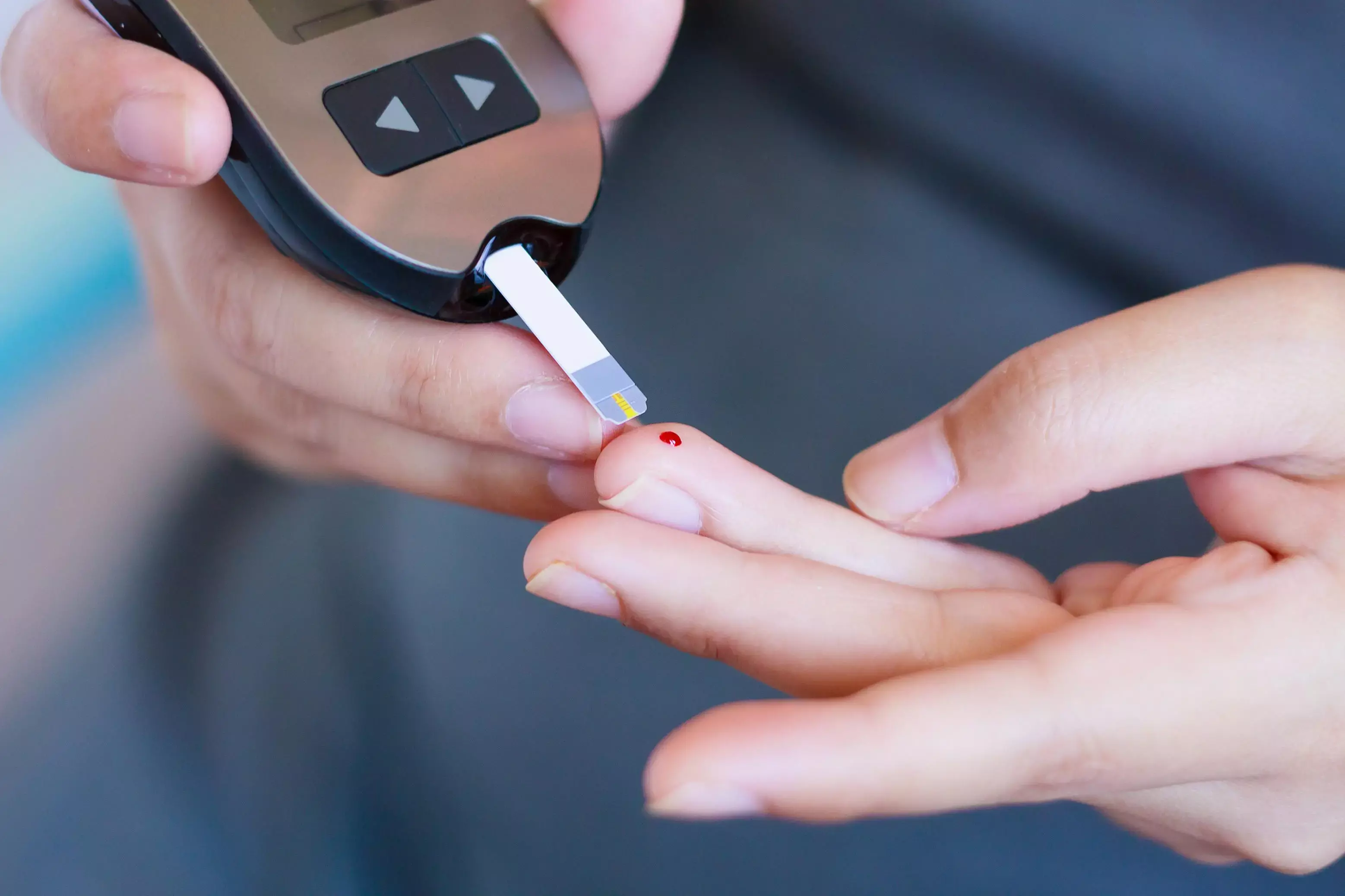- Home
- Medical news & Guidelines
- Anesthesiology
- Cardiology and CTVS
- Critical Care
- Dentistry
- Dermatology
- Diabetes and Endocrinology
- ENT
- Gastroenterology
- Medicine
- Nephrology
- Neurology
- Obstretics-Gynaecology
- Oncology
- Ophthalmology
- Orthopaedics
- Pediatrics-Neonatology
- Psychiatry
- Pulmonology
- Radiology
- Surgery
- Urology
- Laboratory Medicine
- Diet
- Nursing
- Paramedical
- Physiotherapy
- Health news
- Fact Check
- Bone Health Fact Check
- Brain Health Fact Check
- Cancer Related Fact Check
- Child Care Fact Check
- Dental and oral health fact check
- Diabetes and metabolic health fact check
- Diet and Nutrition Fact Check
- Eye and ENT Care Fact Check
- Fitness fact check
- Gut health fact check
- Heart health fact check
- Kidney health fact check
- Medical education fact check
- Men's health fact check
- Respiratory fact check
- Skin and hair care fact check
- Vaccine and Immunization fact check
- Women's health fact check
- AYUSH
- State News
- Andaman and Nicobar Islands
- Andhra Pradesh
- Arunachal Pradesh
- Assam
- Bihar
- Chandigarh
- Chattisgarh
- Dadra and Nagar Haveli
- Daman and Diu
- Delhi
- Goa
- Gujarat
- Haryana
- Himachal Pradesh
- Jammu & Kashmir
- Jharkhand
- Karnataka
- Kerala
- Ladakh
- Lakshadweep
- Madhya Pradesh
- Maharashtra
- Manipur
- Meghalaya
- Mizoram
- Nagaland
- Odisha
- Puducherry
- Punjab
- Rajasthan
- Sikkim
- Tamil Nadu
- Telangana
- Tripura
- Uttar Pradesh
- Uttrakhand
- West Bengal
- Medical Education
- Industry
Transient Stress Hyperglycemia Increases Risk of Subsequent Diabetes

Stress-induced hyperglycemia occurs in critically ill patients in whom glucose tolerance was previously normal, with hyperglycemia resolving following recovery. Stress-induced hyperglycemia is known to be a marker of illness severity, with the magnitude of hyperglycemia strongly associated with short-term mortality, particularly in patients without a history of diabetes. A recent study suggests that transient stress-induced hyperglycemia increases the risk of subsequent diabetes development. The study findings were published in the journal Diabetes Care on March 11, 2022.
Stress hyperglycemia is associated with an increased risk of diabetes among survivors of critical illness. The concept that transient hyperglycemia during critical illness identifies patients at increased risk for developing type 2 diabetes is intuitively plausible. To further explore, Dr Matthew T.V. Chan and his team conducted a study to investigate whether patients without diabetes hospitalized for bacteremia or nonbacteremic diseases with transient stress hyperglycemia would have a higher risk of subsequent diabetes development compared with those who remained normoglycemic.
In a retrospective observational study, the researchers included 224,534 in-patients with blood culture records. They determined stress hyperglycemia on the highest random glucose level ≥7.8 mmol/L during the index admission period. They used Kaplan-Meier estimator and Cox regression to assess the differences in cumulative incidence and hazard ratios (HRs) of diabetes between groups.
Key findings of the study:
- Upon analysis, the researchers found that bacteremic patients with stress hyperglycemia had a significantly higher cumulative incidence of diabetes (HR 1.7) compared with those who remained normoglycemic.
- They also found that stress hyperglycemia was confirmed to be a diabetes predictor independent of age, sex, comorbidity, and other serological markers.
- For the nonbacteremic patients, they noted that the stress hyperglycemia was similarly associated with a higher cumulative incidence of diabetes (HR 1.4).
The authors concluded, "Hospitalized patients with transient stress hyperglycemia had a higher risk of subsequent diabetes development compared with their normoglycemic counterparts. Recognition of an increased risk of diabetes in these patients can allow early detection and monitoring in their subsequent follow-ups".
For further information:
DOI: https://doi.org/10.2337/dc21-1682
Keywords:
Transient Stress Hyperglycemia, hyperglycemia, type 2 diabetes, nonbacteremic patients, bacteremic patients, normoglycemia, early detection, Diabetes Care.
Medical Dialogues Bureau consists of a team of passionate medical/scientific writers, led by doctors and healthcare researchers. Our team efforts to bring you updated and timely news about the important happenings of the medical and healthcare sector. Our editorial team can be reached at editorial@medicaldialogues.in.
Dr Kamal Kant Kohli-MBBS, DTCD- a chest specialist with more than 30 years of practice and a flair for writing clinical articles, Dr Kamal Kant Kohli joined Medical Dialogues as a Chief Editor of Medical News. Besides writing articles, as an editor, he proofreads and verifies all the medical content published on Medical Dialogues including those coming from journals, studies,medical conferences,guidelines etc. Email: drkohli@medicaldialogues.in. Contact no. 011-43720751


